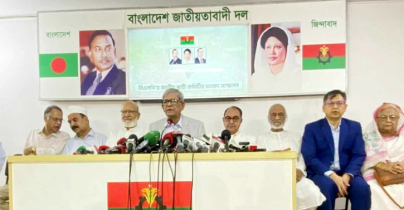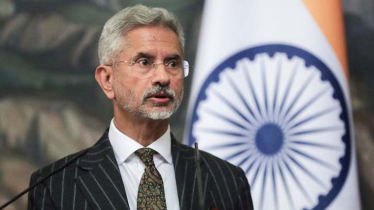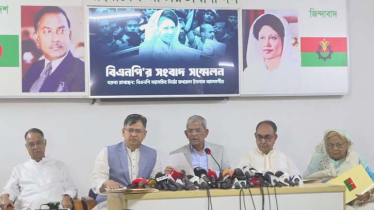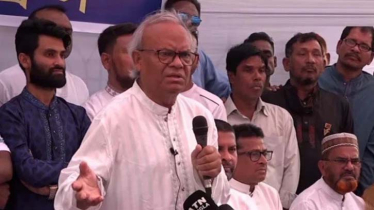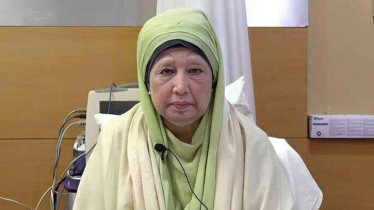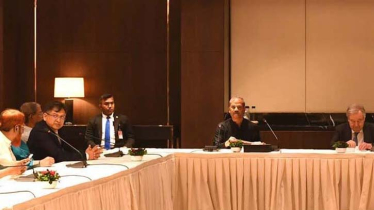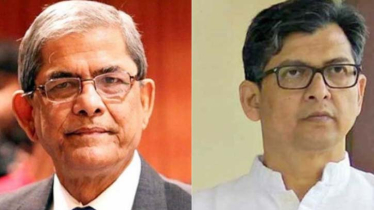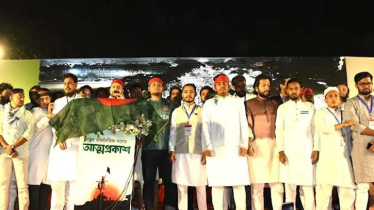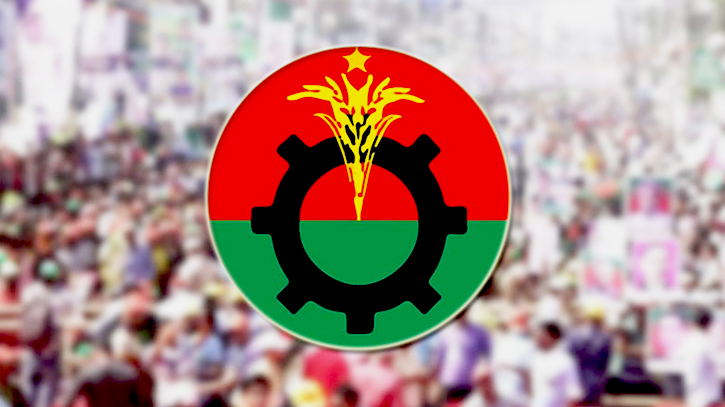
Photo : Collected
The political landscape of Bangladesh remains turbulent as the main opposition, Bangladesh Nationalist Party (BNP), and its allies have declared a fresh 48-hour countrywide blockade from Wednesday (13 November), extending their ongoing movement aimed at pressuring the government for resignation and electoral reforms.
The announcement comes as the fourth round of nationwide blockade programme is set to conclude on Tuesday morning.
In a virtual press conference on Monday, BNP senior joint secretary general, Ruhul Kabir Rizvi, declared the commencement of the fifth phase of the blockade starting from Wednesday at 6:00 am until Friday at 6:00 am.
Other opposition parties, including the Jamaat-e-Islami, Liberal Democratic Party, Ganatantra Mancha, Gono Odhiker Parishad, and Amar Bangladesh Party, are expected to observe the blockade as well.
The Ganatantra Mancha, in a rally held in front of the National Press Club in Dhaka, also announced its participation in the fresh 48-hour blockade, amplifying the opposition's demand for a change in government.
This announcement precedes the end of the two-day nationwide blockade marked by incidents of arson violence across the country. The ongoing political turmoil, ignited since October 28, has witnessed clashes, deaths, and violence during opposition demonstrations.
Despite the tension and fear of violence, public transport in Dhaka seemed to operate as usual during the ongoing blockade. The fourth phase showed a slight increase in the operations of mid and long-distance buses at the Mohakhali Inter-district Bus terminal.
The opposition's one-point demand, calling for the resignation of the Awami League government, dissolution of the parliament, and the demand for the next general election under a neutral administration, has led to decreasing impact on daily life. On the first day of the fourth phase, a significant number of vehicles were observed plying the city roads, indicating reduced compliance with the opposition's call for a nationwide shutdown.
However, despite the apparent return to normalcy on the streets, the 48-hour blockade witnessed sporadic incidents of arson, vandalism, and protest processions across the country. Opposition activists took to the streets in support of the blockade, but these demonstrations were short-lived in many areas.
Reports from various divisional headquarters and districts highlighted that no long-route buses departed from cities and district towns on Sunday morning. The opposition's attempt to restrict long-distance travel met with partial success, but the overall impact of the blockade appears to be diminishing.
During the fourth phase, a total of 12-14 buses were reportedly torched in Dhaka and other parts of Bangladesh, according to the Fire Service and Civil Defence headquarters. A few inter-district buses, which ply between Dhaka and Manikganj, were seen on the streets with passengers.
In response to the escalating situation, the Border Guard Bangladesh authorities have deployed 189 platoons across the country, including 25 in Dhaka and adjacent districts, to assist law enforcement in maintaining law and order during the nationwide blockade.
Messenger/Jakir/Nargis

